Francesc Ruiz | FIORI!
“The collapse of the phallocentric system implies the collapse of the capitalist system. The revolutionary working class and the revolutionary women’s movement are two sides of the Communist Party -a human community whose ass is the gay movement.”
MARIO MIELI. Homosexuality and Liberation: Elements of a Gay Critique
Francesc Ruiz presents his most recent work, a continuation of his line of research fundamentally articulated around LGTB-themed comics and drawings. Ruiz has been studying their use as cultural material within the field of contemporary art, calling for their recuperation and that of its unwritten history. Furthermore, he applies subversive strategies derived from this medium, looking for a way to influence reality.
FIORI!, his exhibition at García Galería, is made up of two new works. The first, which gives the exhibition its title, picks up on the Gay Flowers comics published by Stefania Sala in the 70s in a magazine run by FUORI! (United Italian Revolutionary Homosexual Front.) These were used to spread, using humour, some of the ideas that were being generated at the time around the subject of gay liberation. Ruiz reintroduces the original comic strip and rhythmically repeats it along the paper, almost as if it were a musical variation, altering or replacing the texts contained in it with quotes by the Italian philosopher Mario Mieli (Milan, 1952-1983), mainly taken from his foundational book Elementi de Critica Omosessuale (Homosexuality and Liberation: Elements of a Gay Critique).
As a founding member of FUORI! and a fundamental theorist of LGTB themes of the time, Mieli’s revolutionary thinking impregnates all the drawings, turning into their absolute protagonist. Within them he reveals aspects of his biography and develops his ideas and theories, connecting alchemy, coprophagy, and “transexuality”.
The second part of the installation consists of a wall frieze made up of large vinyl reproductions of the “gay flowers”, where the sexual content has been highlighted, celebrating it as in a minimalist garden of delights.
Finally, in the next room, the installation titled N.A.R.C.I.S.O. marks a return to the halls of mirrors, the site-specific works Ruiz has been making since 2006. On this occasion, Ruiz digitally subverts the mirror series by Roy Lichtenstein (a great exponent of Pop Art and an artist whose oeuvre was heavily connected to the world of comics) and recontextualises it in the manner of the Yaoi genre. The artist had already formerly presented a fictional relationship between Lichtenstein and Robert Rauschenberg in one of the boards from his series The Yaois. The title of this installation refers to initials made up by Mario Mieli in his Elementi: the “Armed Revolutionary Communist Internationalist Subversive Homosexuals Group”, to defend, in a positive way, the narcissism that traditionally, and in a pejorative way, had been associated with homosexuality.
Francesc Ruiz (Barcelona, 1971). His work takes drawing as a starting point, and comic books as a
fundamental reference for the development of a complex and suggestive oeuvre. His preoccupations cover popular culture, as well as social and political movements, through a body of work that uses appropriation in order to systematically question the power of narrative.
He has presented solo exhibitions at Gasworks (London), MNCARS (Madrid), or the Miró Foundation (Barcelona), and has taken part in group shows at the Weserburg Museum (Bremen), CA2M (Madrid), New Museum (New York), Carrè d’Art (Nimes), and MUSAC (Leon).
Mario Mieli (Milan 1952-1983) was a philosopher and activist, considered today to be father of Italian gay activism. In the 70s he moved to London, where he came in contact with the post-Stonewall gay liberation movements, on which he built the model he would later use for his political and theoretical activities. Upon his return to Italy, he was awarded a degree in Moral Philosophy with the thesis Elementos de crítica homosexual (Elements of a Gay Critique), which became the foundational text for gender theory in his country. Through it he built a personal philosophy that approaches the subject of homosexuality both from the viewpoint of Marxism and psychoanalysis, as from anthropology or sociology.
In his discourse, Mieli speaks of a naturally trans-sexual individual that a “mono-sexual” society represses and castrates, forcing him to define himself through a single sexual choice: “To set oneself a single sexual object (and by object we mean only a man or only a woman) is a limitation, a symptom of repression of the natural transexual disposition.” In this way, sooner or later “every man will find that he has to answer to the fag and the woman he keeps repressed inside him.” In order to escape this situation, the solution would be to “open up sexually to every ‘object’: men and animals, and why not, even one’s own excrement. Only in this way can one consider oneself to be neither repressed nor homophobic.”
The philosopher himself continued to work on his own theory to the point of distancing himself from the very activist group which funded FUORI (United Italian Revolutionary Gay Front) due to his understanding that one had to bypass politics in order to change the world. He ended up committing suicide in 1983.
With his slim but complex body of work, Mieli has become one of the fundamental and foundational thinkers of queer theory in Europe, and with time, his originality and his radical, libertarian spirit become increasingly manifest.
Even today, most people think that the homosexual question exclusively concerns a minority, a limited number of fags and lesbians: they don’t want to realise that, really, as long as homosexuality continues to be suppressed, the homosexual will be a problem concerning everyone, as gay desire is present in every human being, it is congenital, even if in most cases, it is eliminated, or almost eliminated.

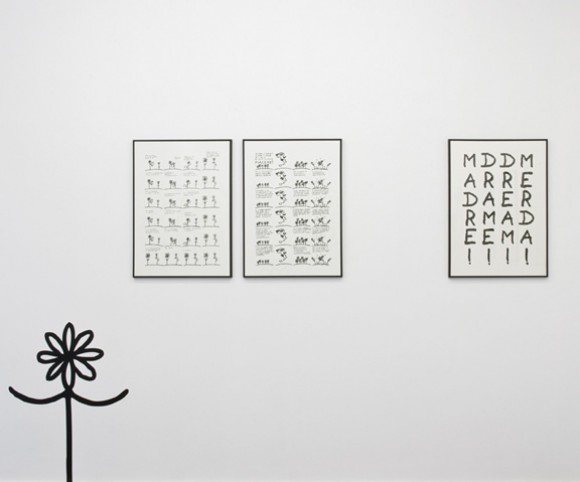
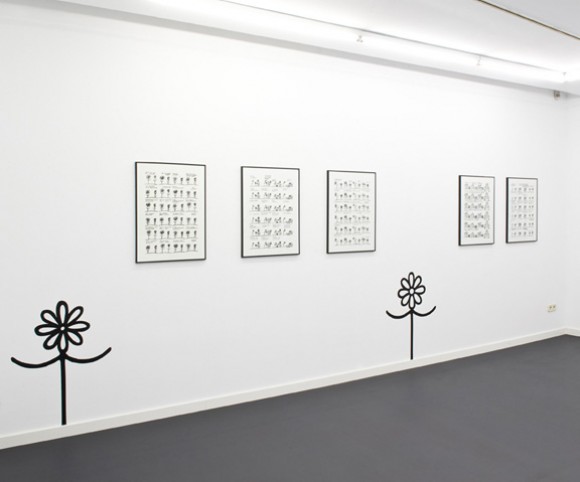
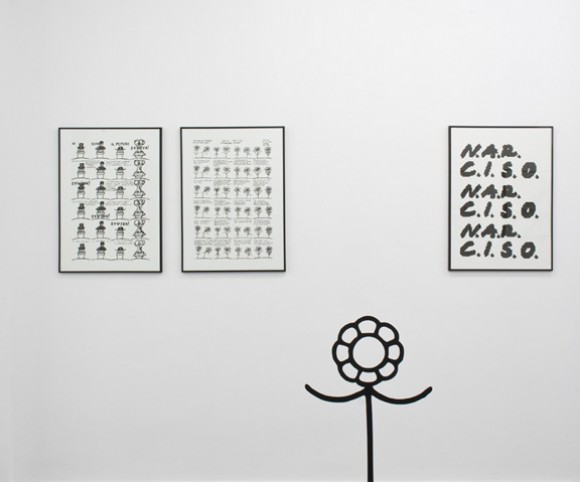
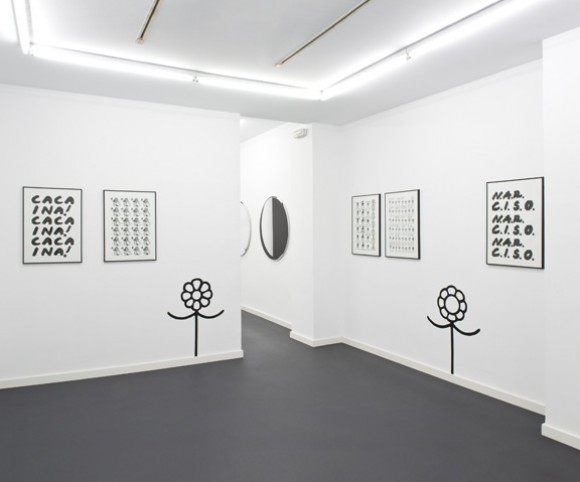
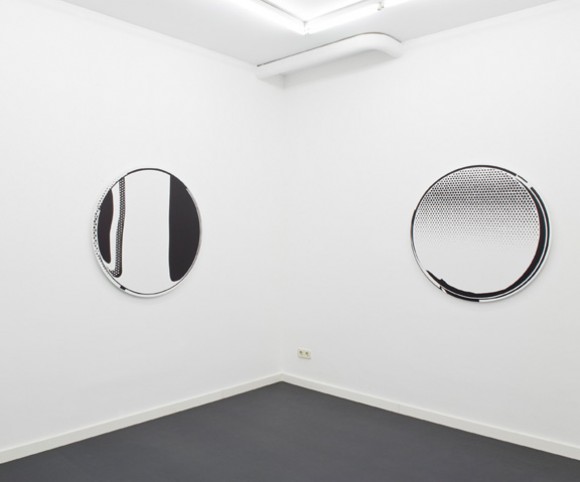
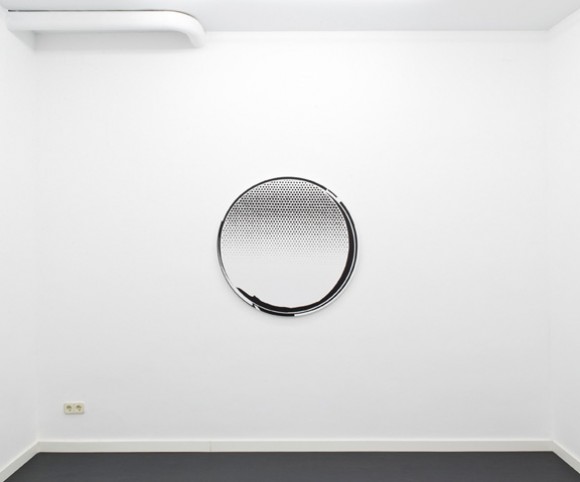
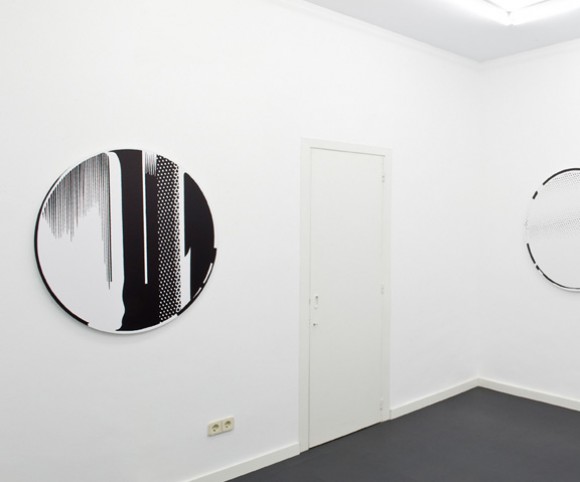
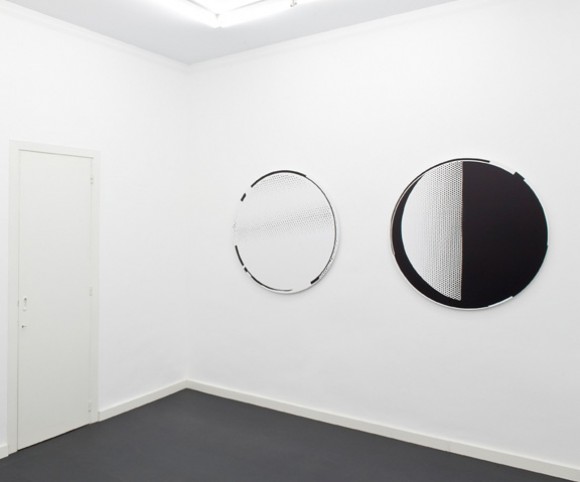

 sending...
sending...